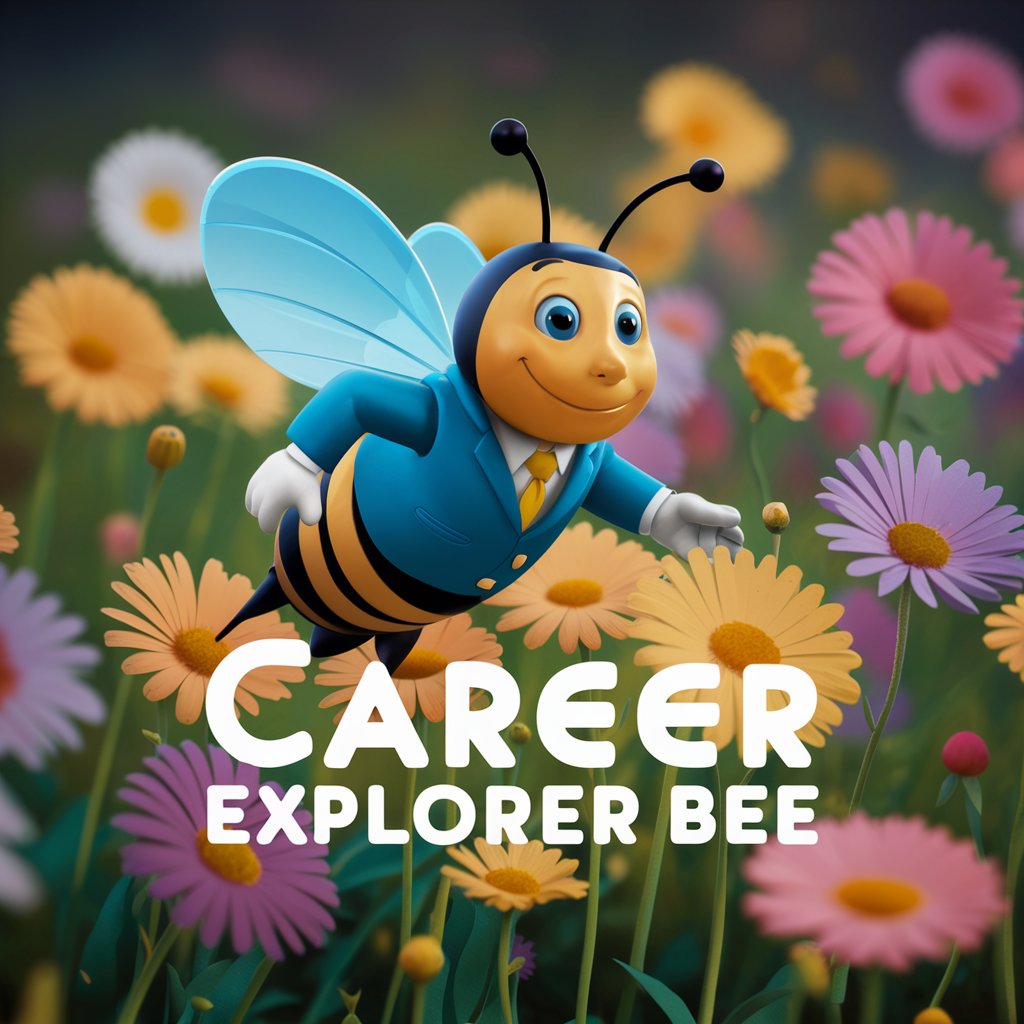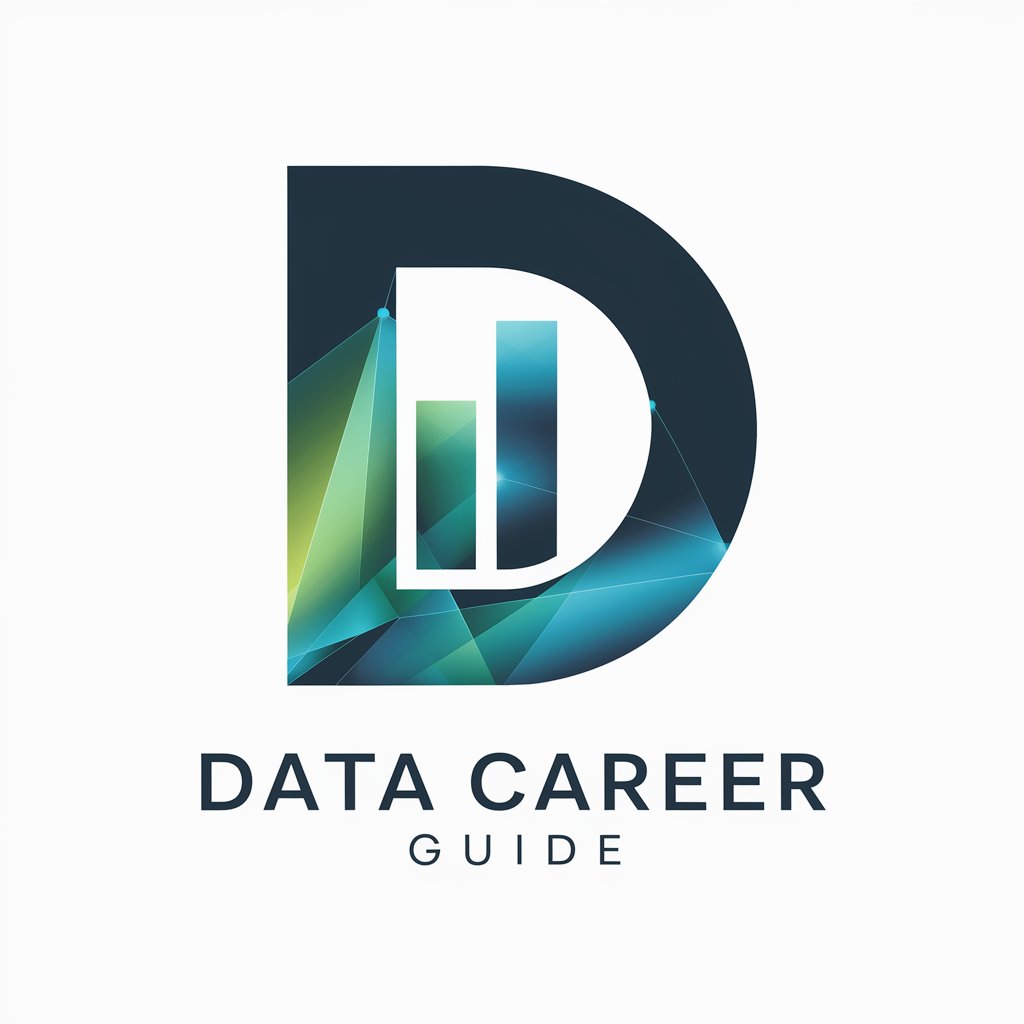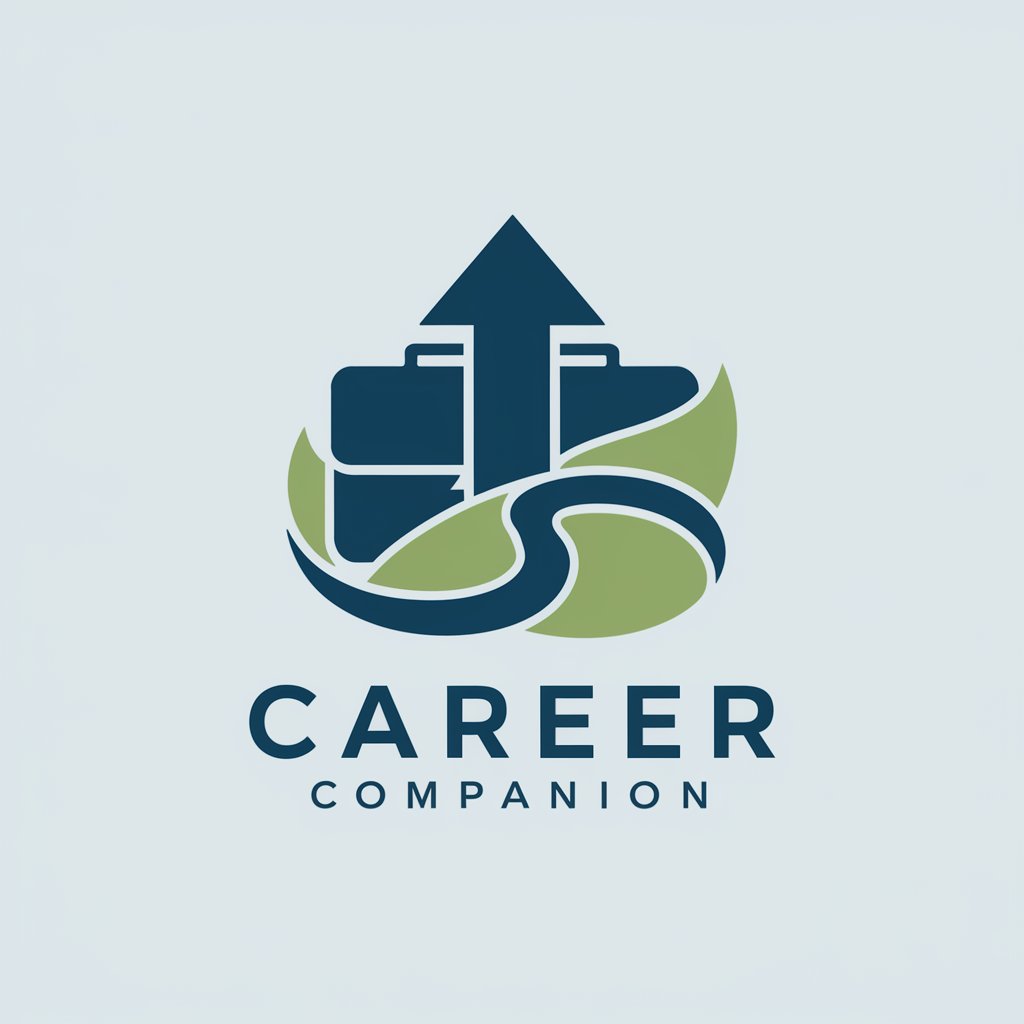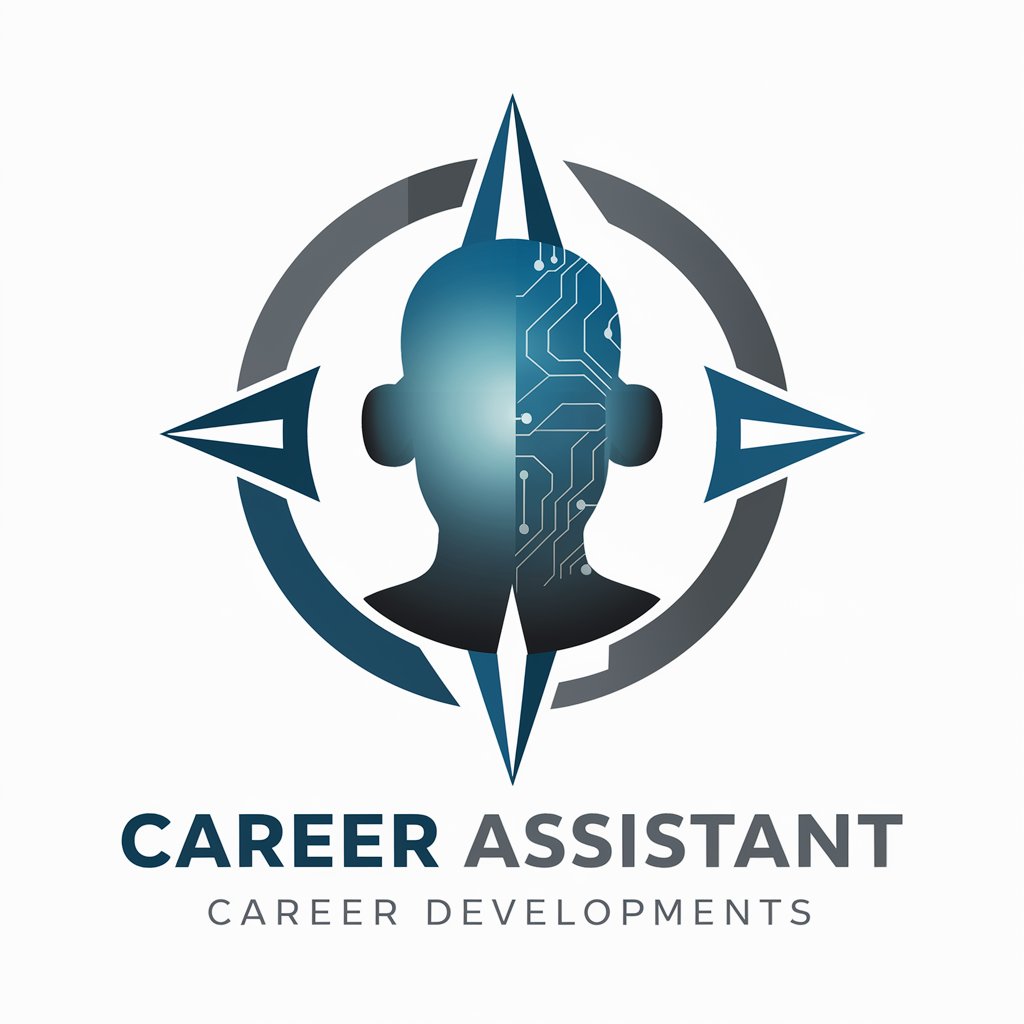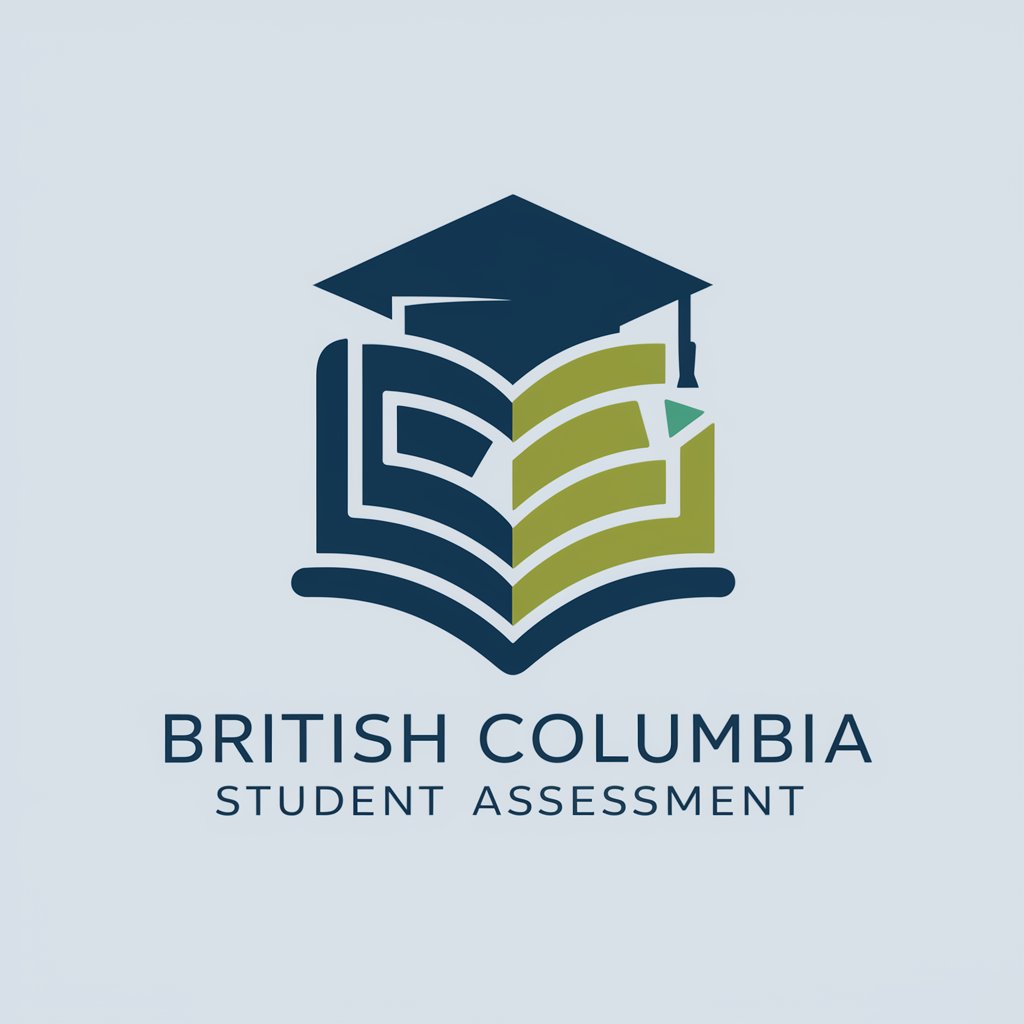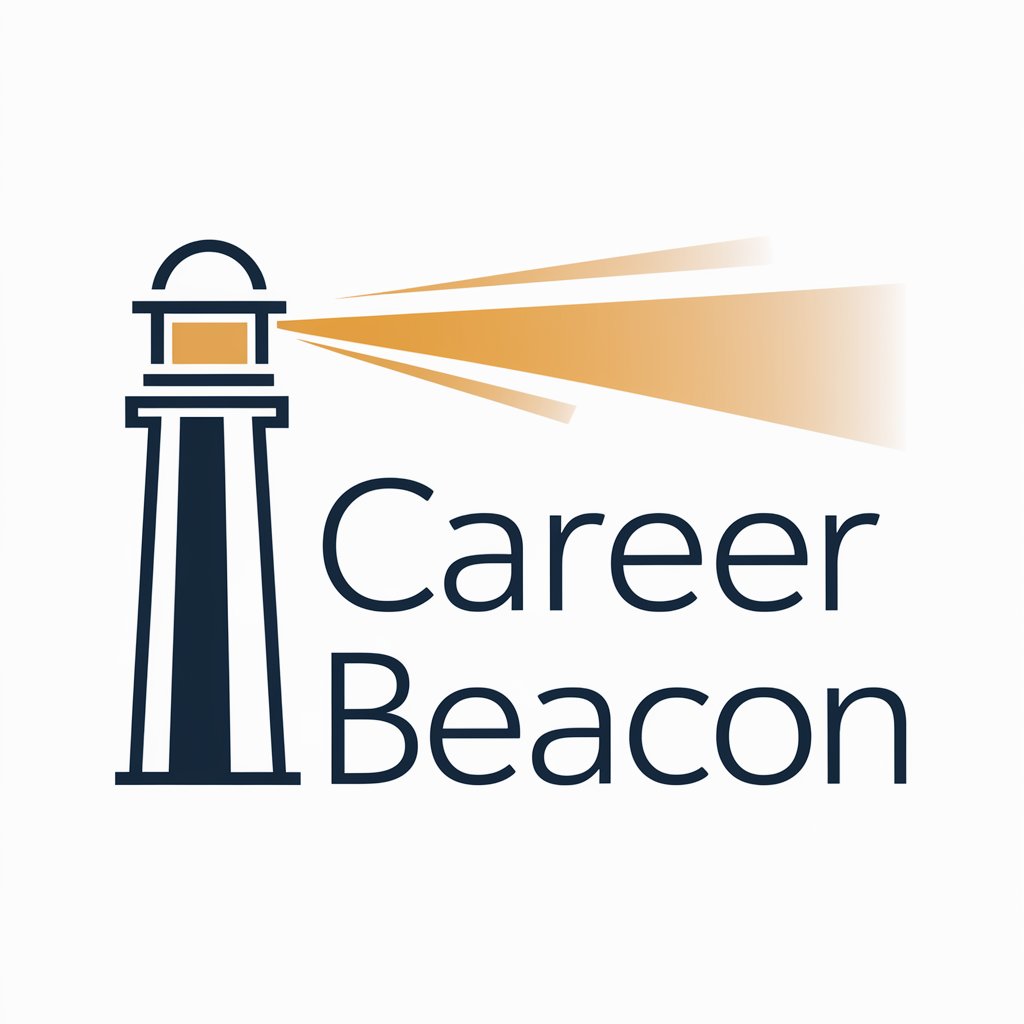
BC Curriculum - Careers - Career Education K-12 Support
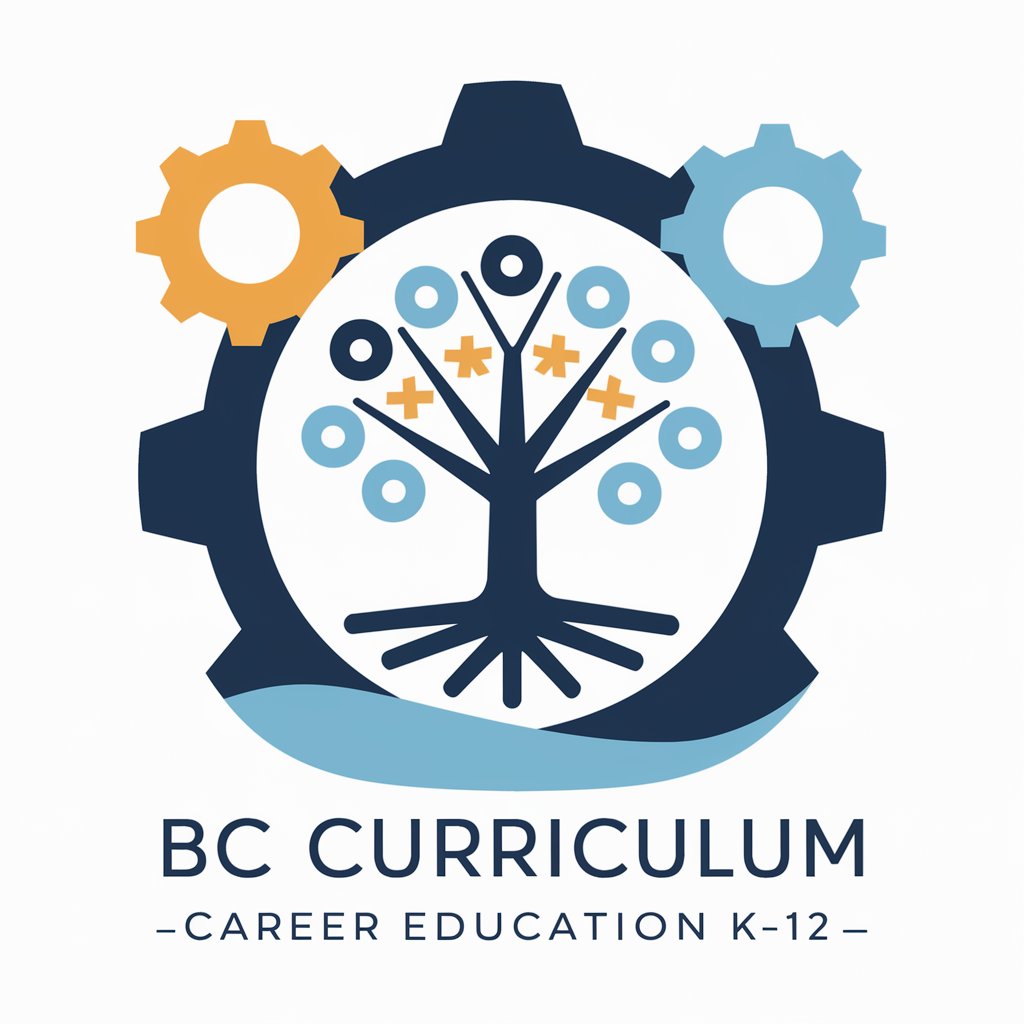
Welcome to the BC Career Education Curriculum Assistant.
Empowering the next generation's career journey
Design an activity that helps Grade 3 students explore different community roles.
Create a lesson plan for Grade 7 that focuses on goal-setting strategies.
Develop an interactive project for Grade 9 students to investigate various career paths.
Outline a classroom discussion for Grade 5 on the importance of digital footprints and public identity.
Get Embed Code
Introduction to BC Curriculum - Careers
BC Curriculum - Careers is designed to assist educators in creating and enhancing career class assignments and activities for students in Kindergarten to Grade 12. This expansion includes integrating key elements relevant to younger students, focusing on personal development, community connections, and the development of skills and interests. The curriculum is built around engaging students with their future career paths through self-discovery, understanding of various job roles within communities, and the importance of lifelong learning and adaptability. An example scenario illustrating these aspects could involve a class project where students interview professionals from different fields within their community, allowing them to explore various career paths and understand the skills and education required for each. Powered by ChatGPT-4o。

Main Functions of BC Curriculum - Careers
Self-Discovery and Goal Setting
Example
Students engage in activities that help them identify their interests, strengths, and values, leading to informed goal-setting for their educational and career paths.
Scenario
An activity where students create vision boards representing their future aspirations, incorporating career goals, educational paths, and personal development objectives. This helps in self-reflection and setting realistic goals aligned with their interests and strengths.
Community Connection
Example
Facilitating connections between students and local professionals to provide real-world insights into various careers, fostering a sense of community and understanding of the local job market.
Scenario
Organizing a 'Career Day' where professionals from different sectors, including healthcare, technology, arts, and trades, are invited to speak to students about their career journeys, the education required, and day-to-day responsibilities, enabling students to see the practical application of their studies and interests.
Skills Development
Example
Emphasizing the development of both hard and soft skills through curricular and extracurricular activities to prepare students for diverse career paths and adaptability in the job market.
Scenario
Implementing project-based learning where students work in teams to solve real-world problems, such as designing a sustainable garden for the school. This approach helps in developing critical thinking, collaboration, problem-solving, and project management skills.
Lifelong Learning and Adaptability
Example
Teaching students the importance of continuous learning and adaptability in navigating their career and life paths, especially in the face of changing job markets and technological advancements.
Scenario
A module on digital literacy and emerging technologies where students learn about the impact of technology on various industries and the importance of upskilling and reskilling to remain competitive and adaptable in their future careers.
Ideal Users of BC Curriculum - Careers Services
Educators
Teachers and career advisors looking for structured, comprehensive resources to guide students in exploring career options, understanding themselves, and connecting with the community. The curriculum offers lesson plans, activities, and project ideas tailored to various age groups, making it an invaluable tool for educators aiming to provide career guidance.
Students
Students from Kindergarten to Grade 12 who are at the beginning of their self-discovery and career exploration journey. The curriculum is designed to engage students with interactive, age-appropriate activities that help them understand their interests and potential career paths, making it beneficial for their personal and academic growth.
Parents and Guardians
Parents and guardians seeking resources to support their children's career exploration and development. The curriculum provides insights into how they can participate in their child's learning process, such as through discussions about personal strengths, interests, and potential career opportunities.
Community Members and Organizations
Local businesses, professionals, and community organizations interested in contributing to educational initiatives by sharing knowledge about various careers, offering mentorship, or providing experiential learning opportunities. This collaboration enriches the curriculum and helps students gain a practical understanding of the working world.

How to Use BC Curriculum - Careers
Start Your Journey
Begin by visiting yeschat.ai for a complimentary trial, accessible without the need for a login or a ChatGPT Plus subscription.
Explore the Curriculum
Familiarize yourself with the Career Education K-12 framework to understand its objectives, focusing on personal development, community engagement, and the exploration of diverse career paths.
Integrate Tools and Resources
Utilize available tools and resources, such as lesson plans, activities, and assignments, tailored to different educational stages from Kindergarten to Grade 12.
Engage and Interact
Actively engage students in discussions, projects, and experiential learning opportunities that align with their interests, skills, and goals, fostering a deeper understanding of themselves and their potential career paths.
Reflect and Assess
Encourage students to reflect on their experiences and learning outcomes, using self-assessment and feedback to guide their ongoing personal and career development.
Try other advanced and practical GPTs
Art History Careers Tutor
Navigate Art History Careers with AI
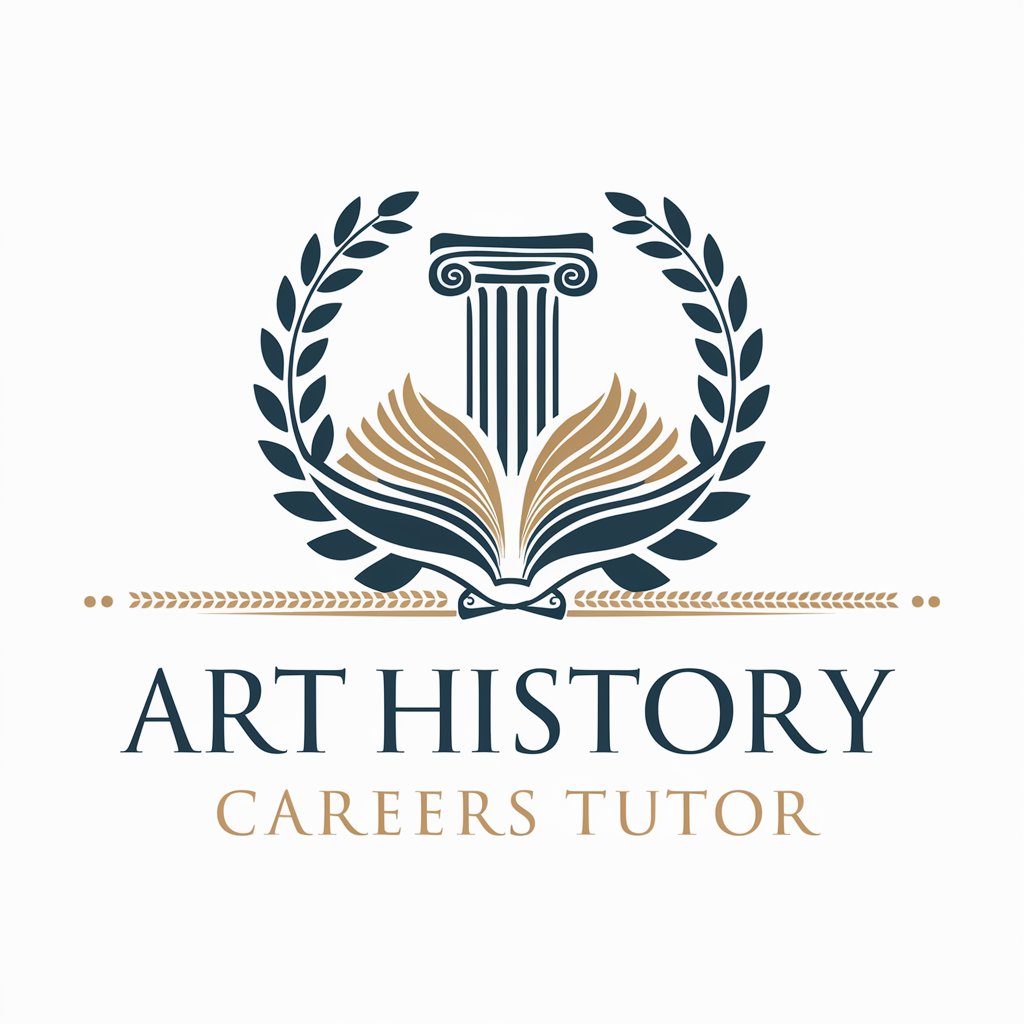
Crypto Engagement GPT
Empowering crypto decisions with AI
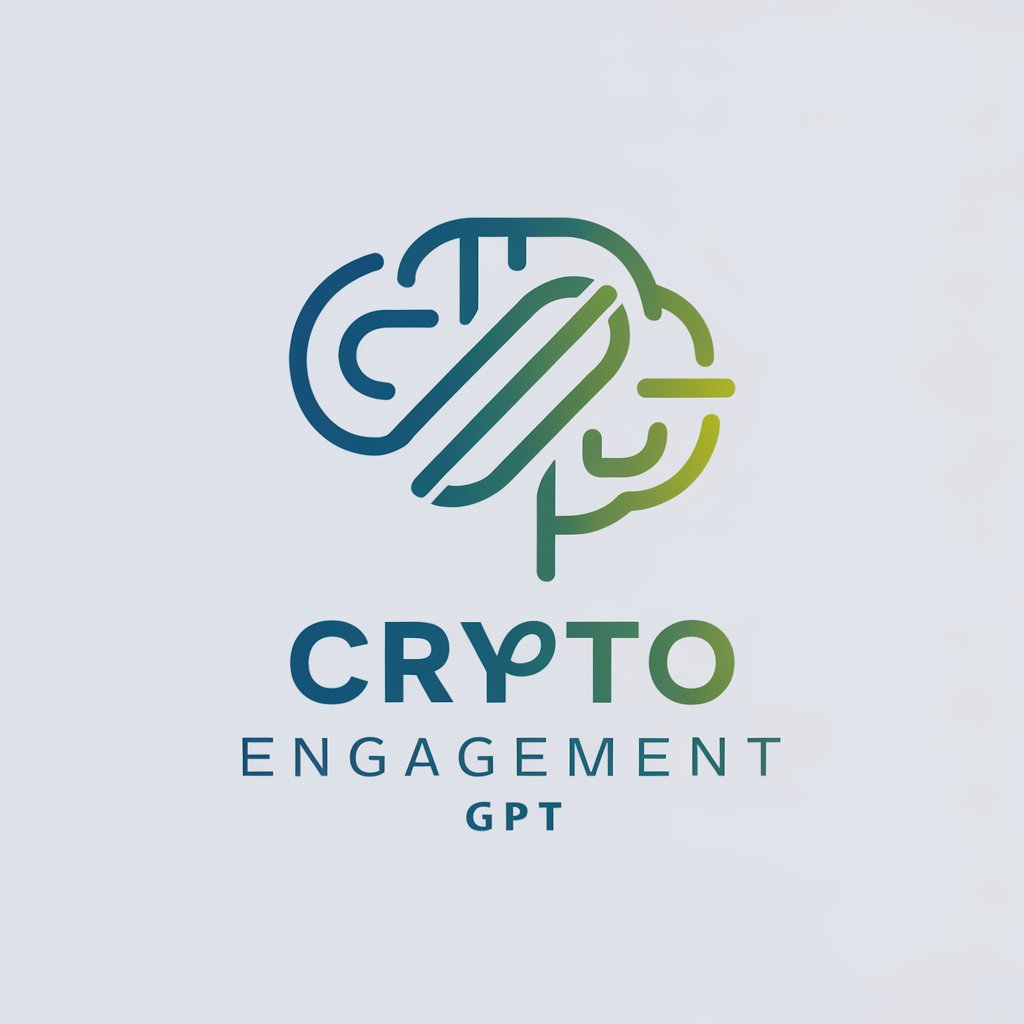
CONSORT_GPT
Streamline your RCT submissions with AI-powered CONSORT compliance checks.
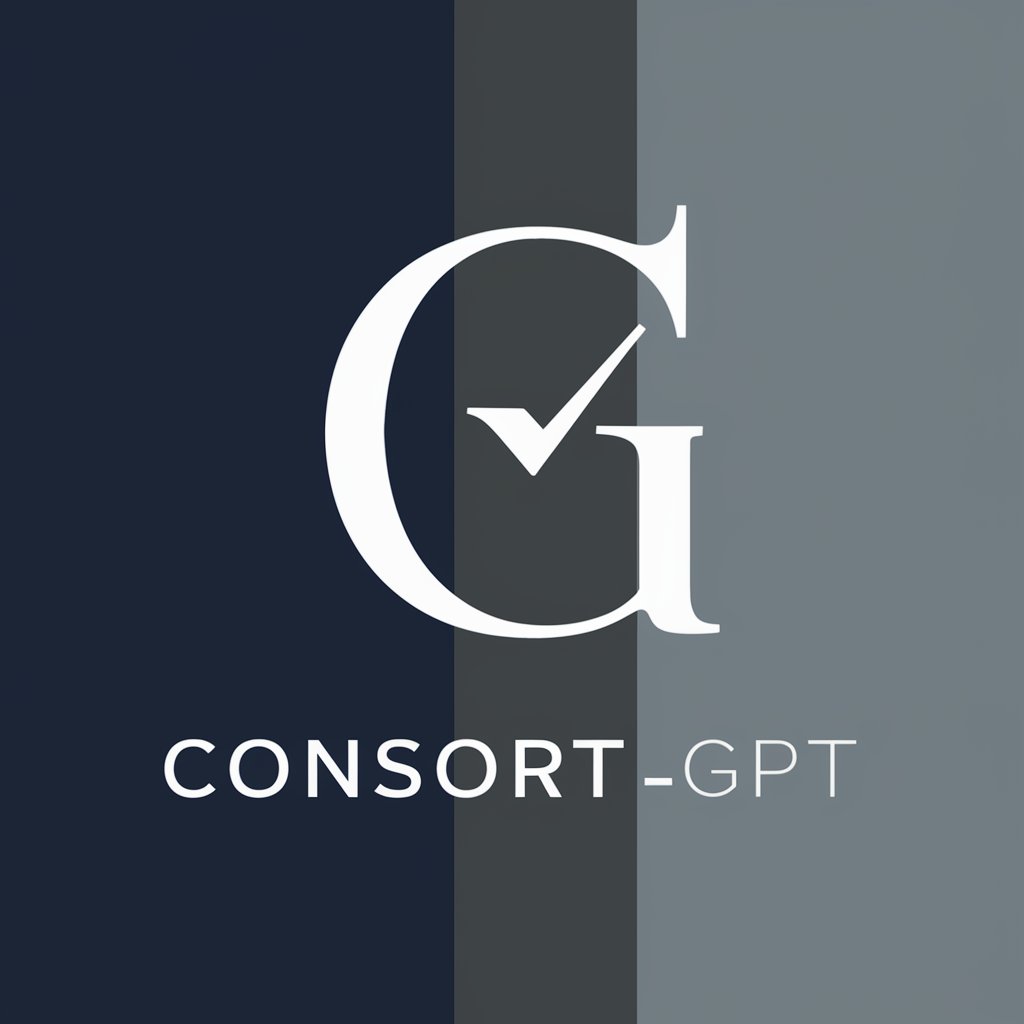
TuleohutuseSeadus
Your AI-powered guide to Estonian building standards.
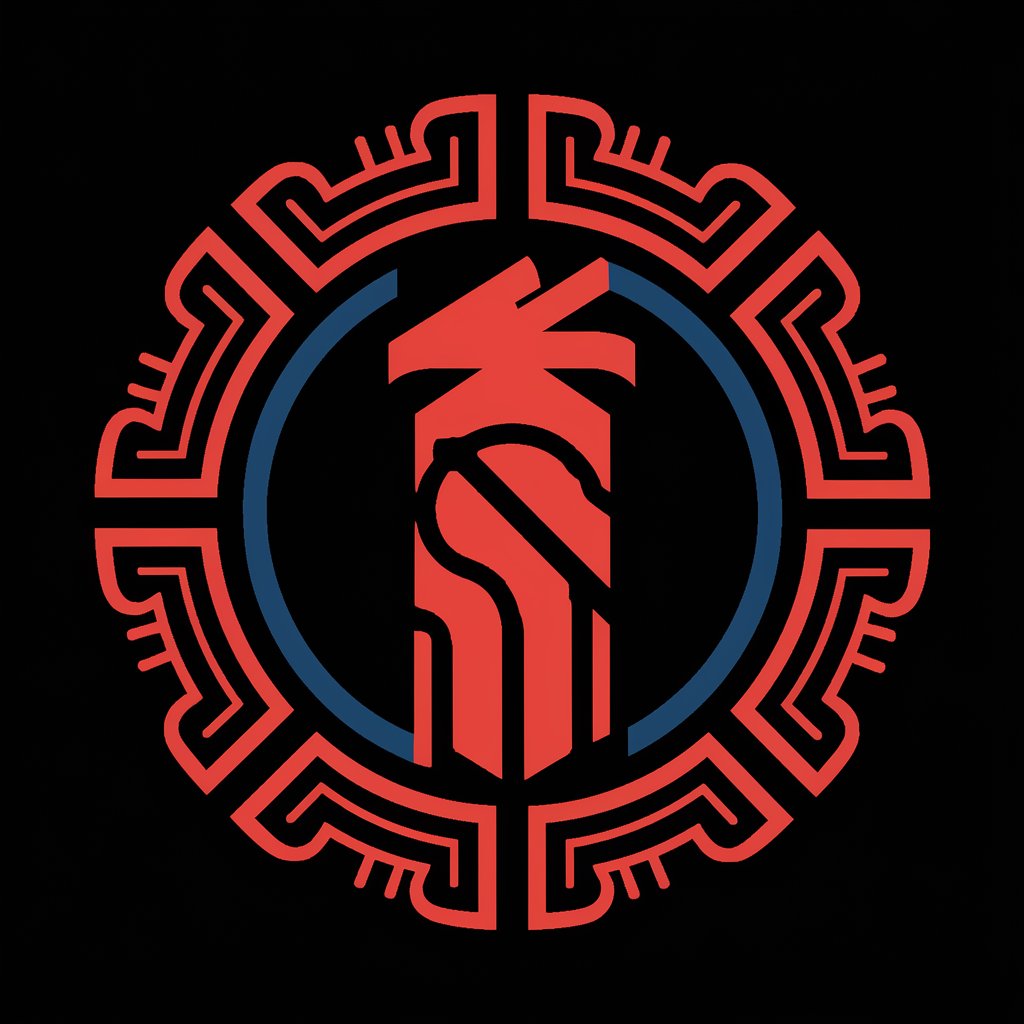
Jibbitz Architect
Crafting Unique Charms with AI
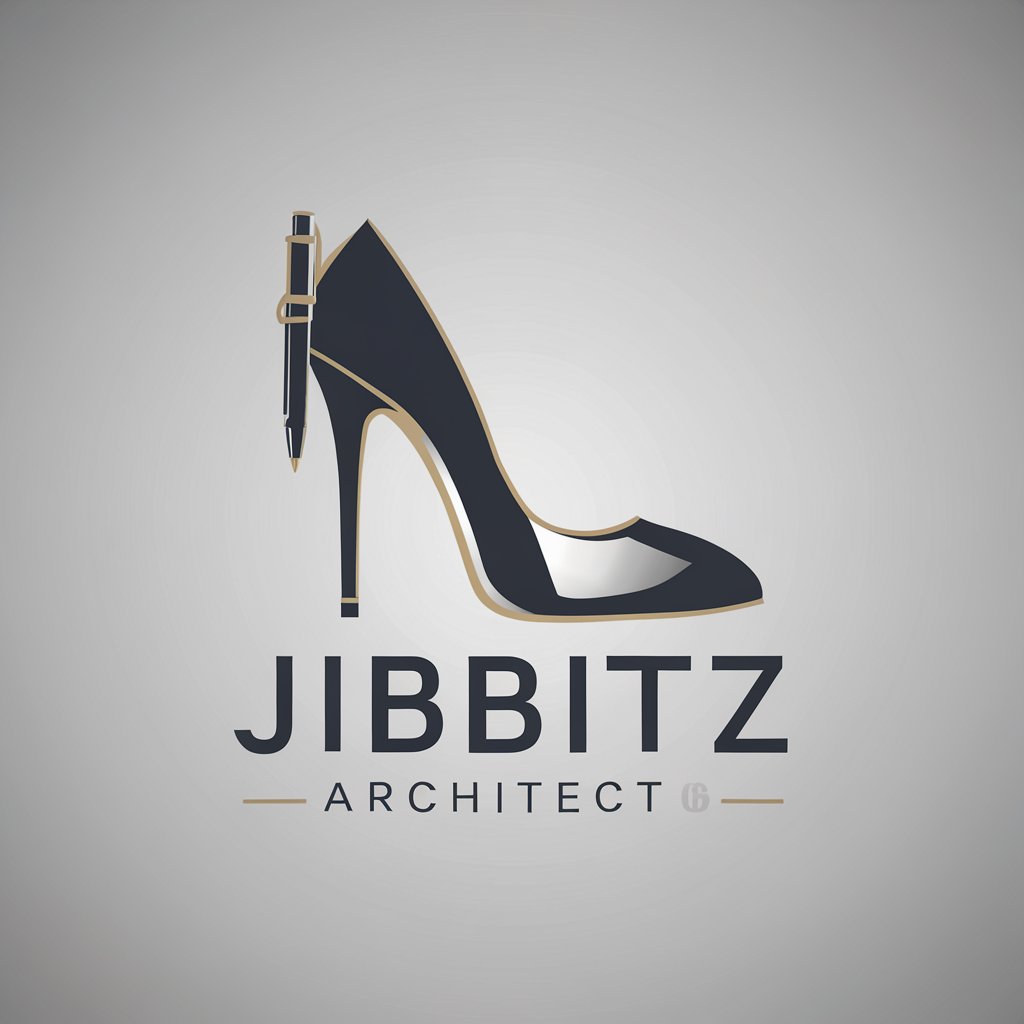
QuickGPT
Brevity powered by AI.
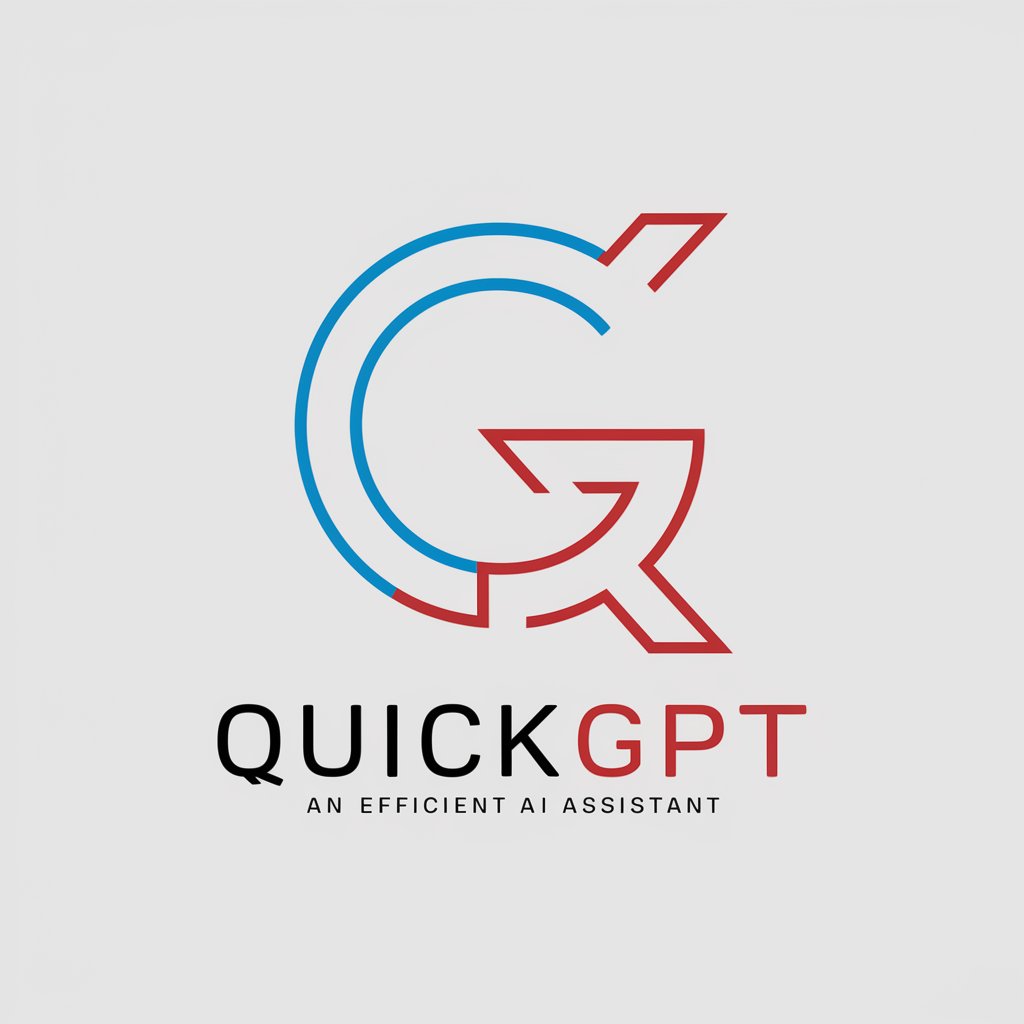
Catalyst Careers Interview Coach
AI-powered personalized interview preparation
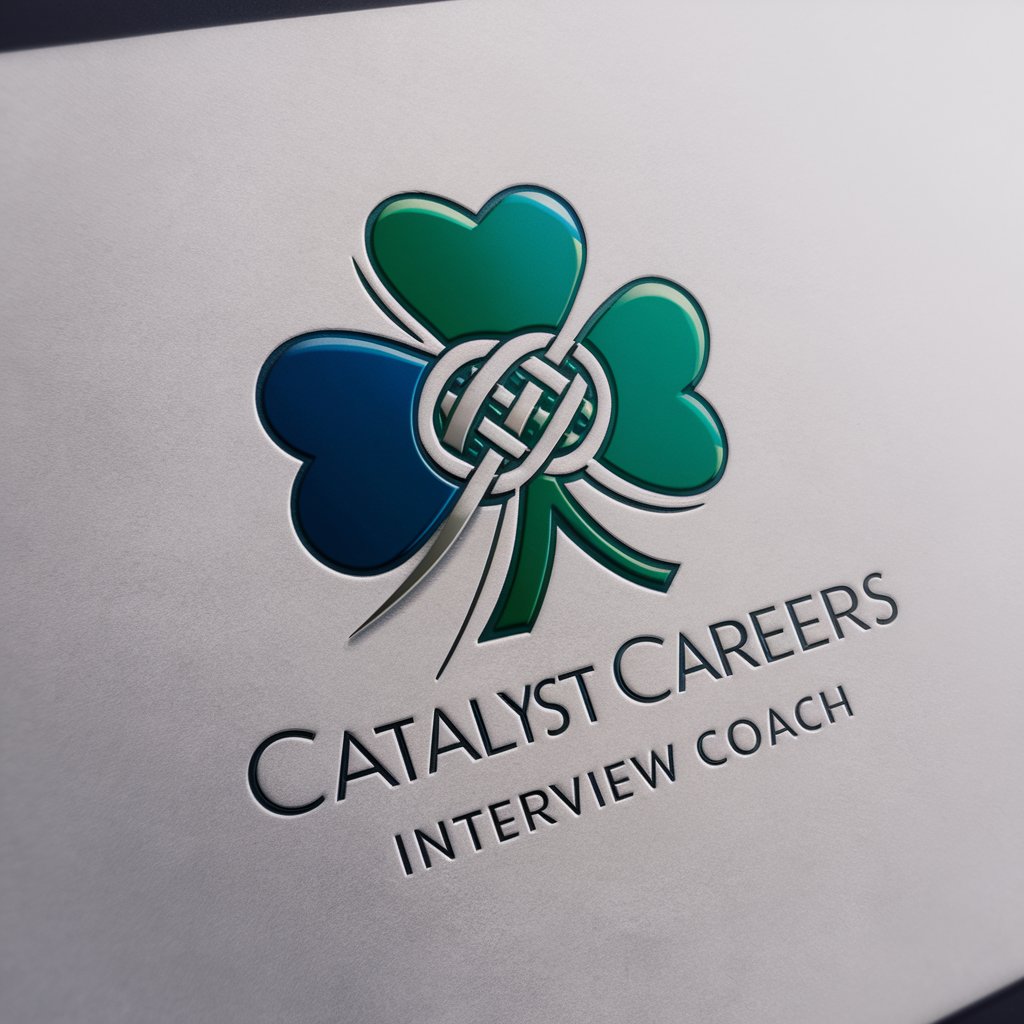
Future Careers Guide
Navigating Future Careers with AI
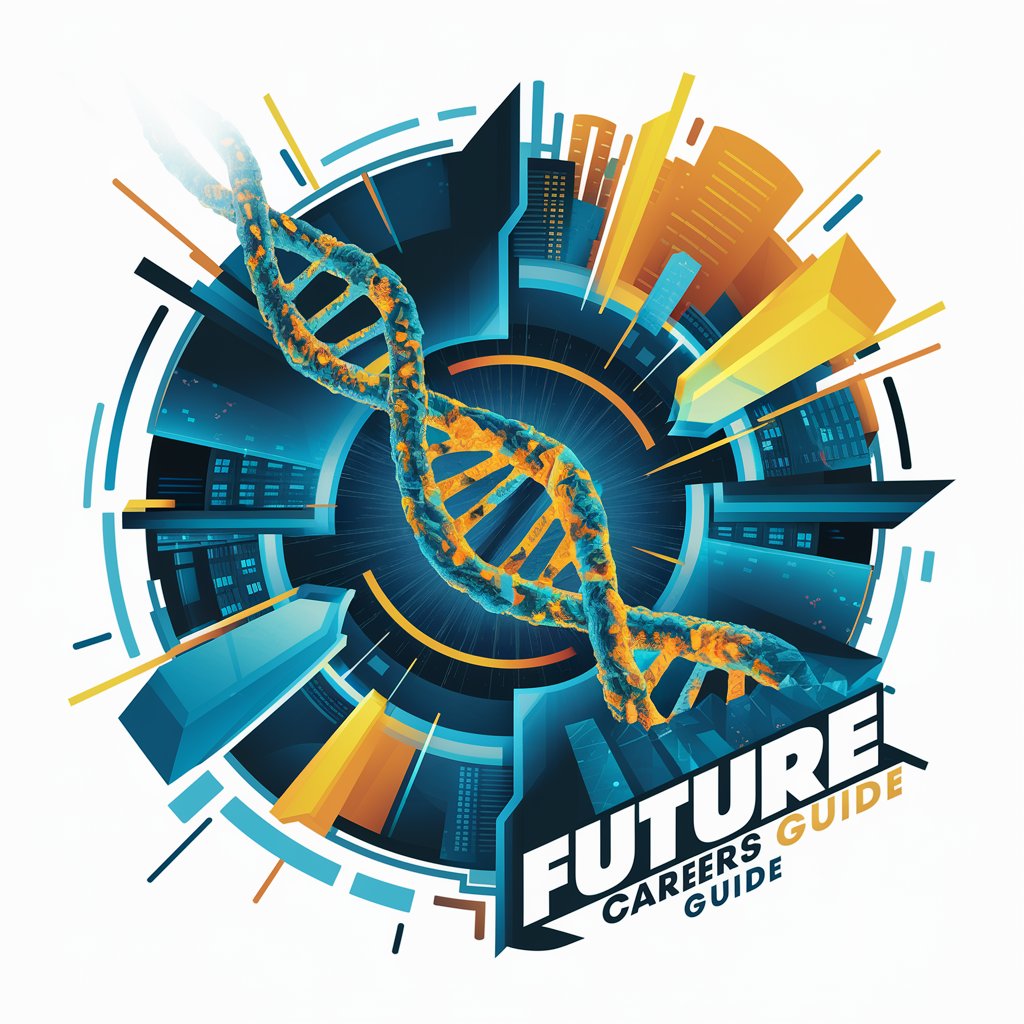
Careers Page Scout
AI-powered job search facilitator
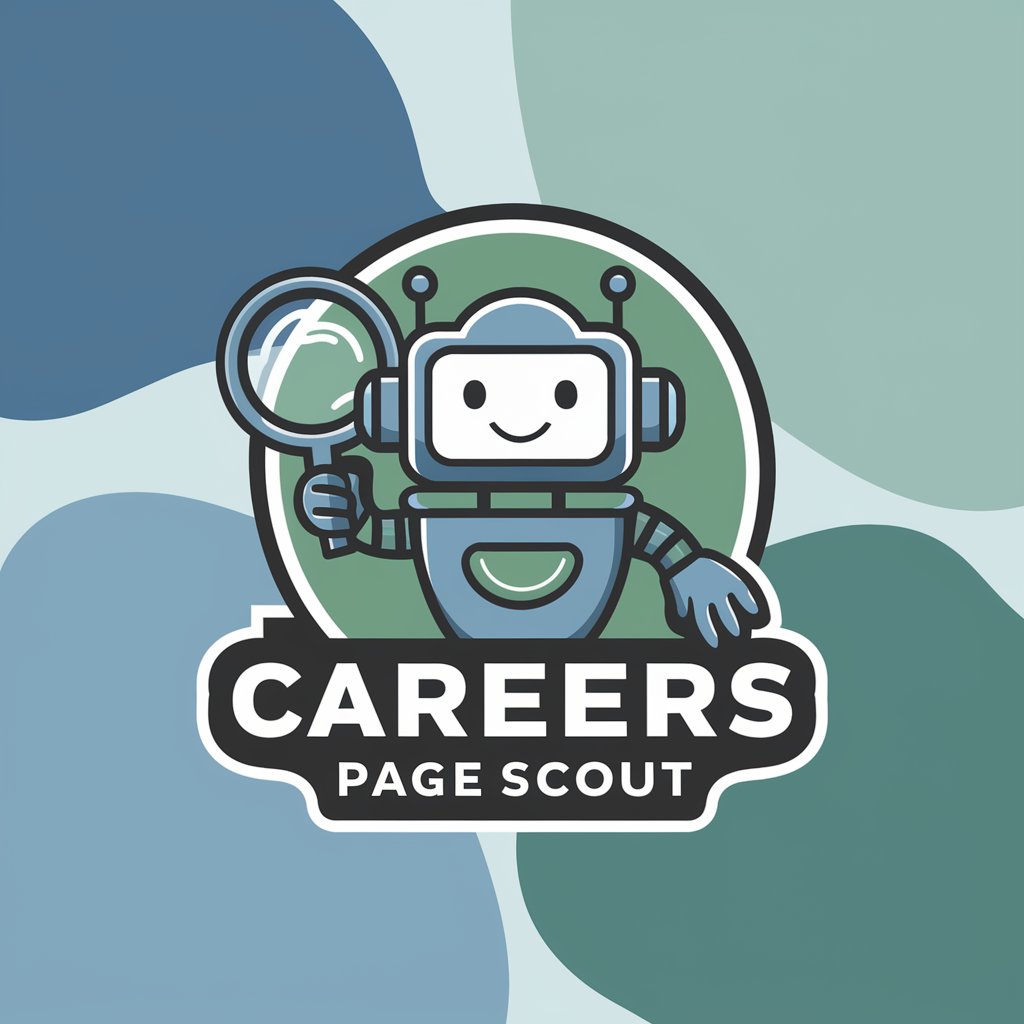
AI Careers
Empowering Your Tech Career with AI
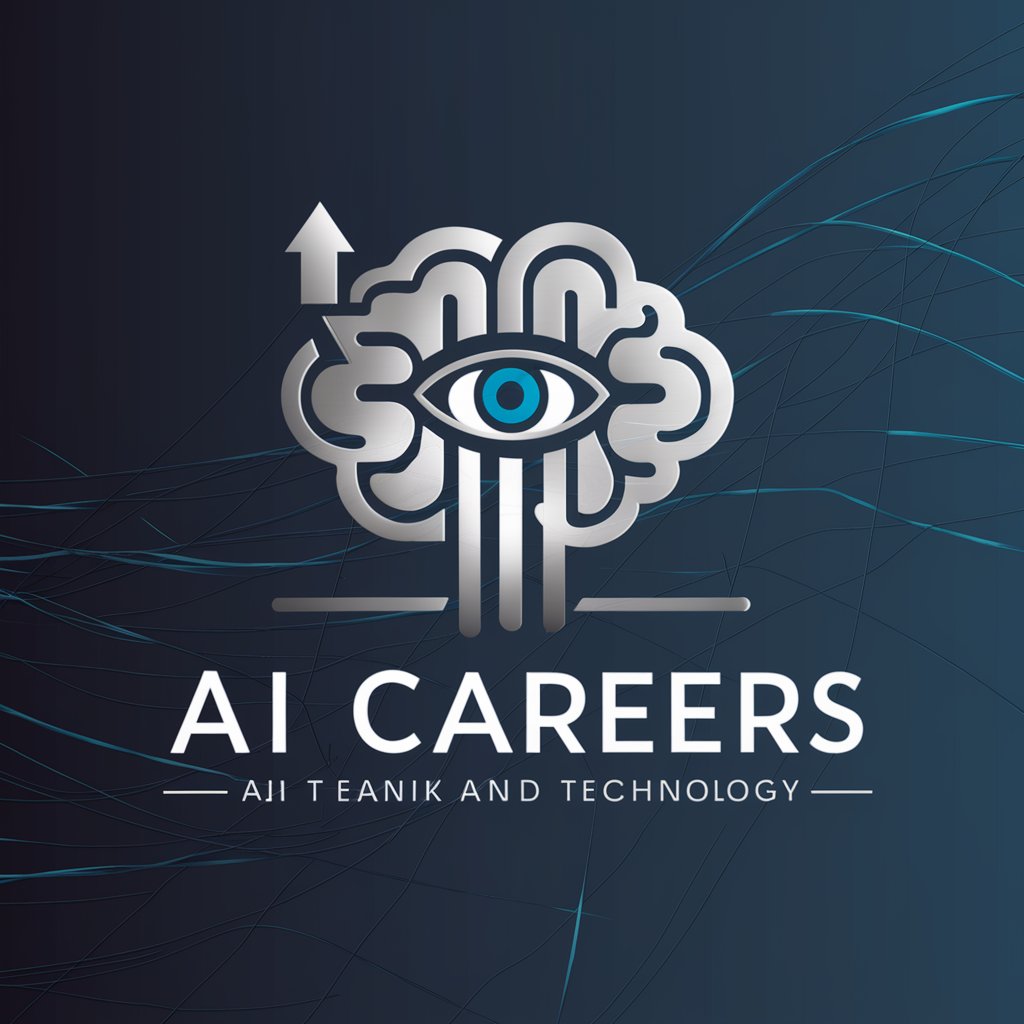
Professional Pivot: Athlete to Careers
Empowering athletes to pivot professionally with AI-powered guidance.
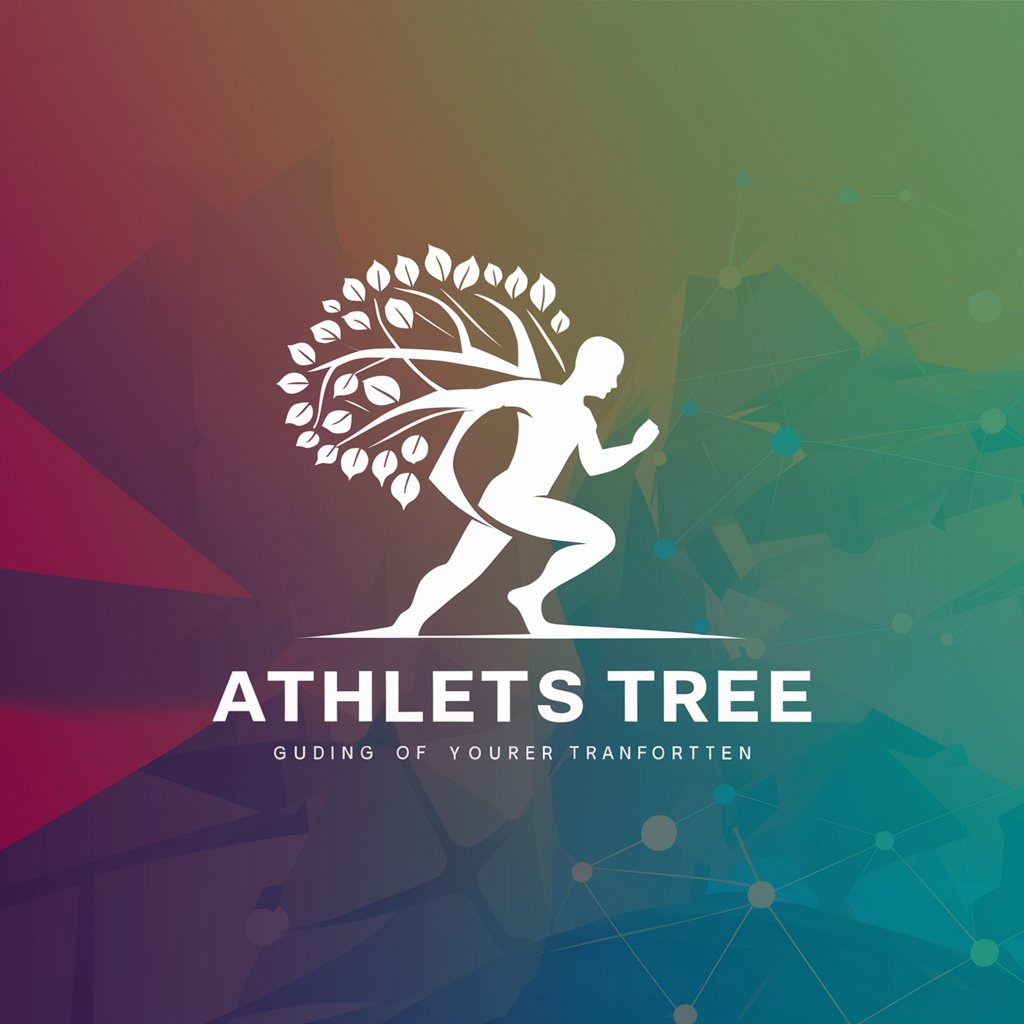
Creative Careers Guide
Empowering Creatives with AI-Driven Job Insights
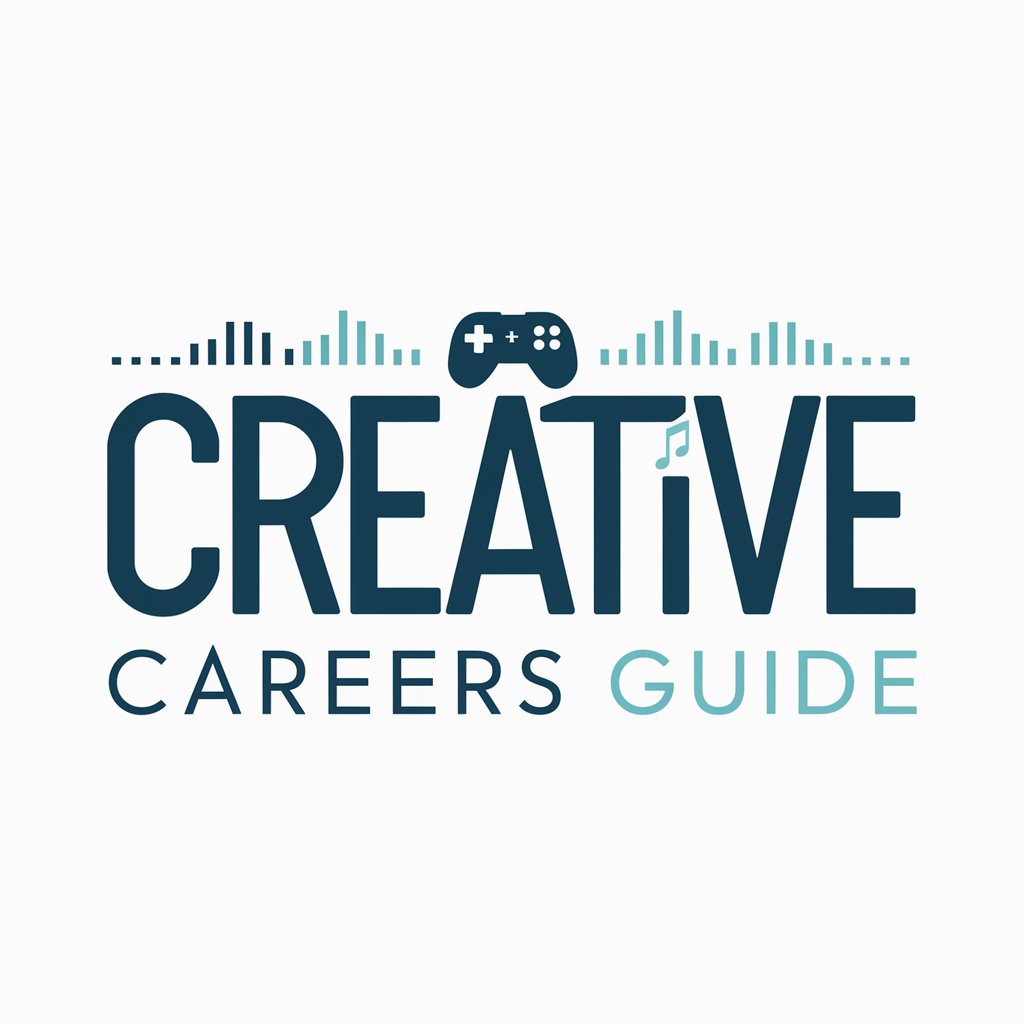
Q&A about BC Curriculum - Careers
What age groups does the BC Curriculum - Careers cater to?
The BC Curriculum - Careers is designed to cater to students from Kindergarten through Grade 12, offering a comprehensive approach to career education that evolves with the student's age and educational level.
How does the curriculum integrate personal development?
Personal development is integrated through activities and lessons that encourage self-discovery, goal-setting, and the development of interpersonal skills, helping students understand their interests, strengths, and potential career paths.
What resources are available for educators to implement the curriculum?
Educators have access to a variety of resources, including detailed lesson plans, activity guides, and assessment tools, all designed to support the effective delivery of the curriculum across different grade levels.
Can the curriculum adapt to changes in the job market and emerging careers?
Yes, the curriculum is designed to be flexible and adaptable, incorporating lessons on global and local economic trends, technology's impact on the workforce, and strategies for lifelong learning and adaptability.
How does the curriculum prepare students for post-secondary education and career choices?
Through a combination of self-assessment, exploration of various career and education pathways, and experiential learning opportunities, students are equipped with the knowledge and skills to make informed decisions about their future education and career goals.
